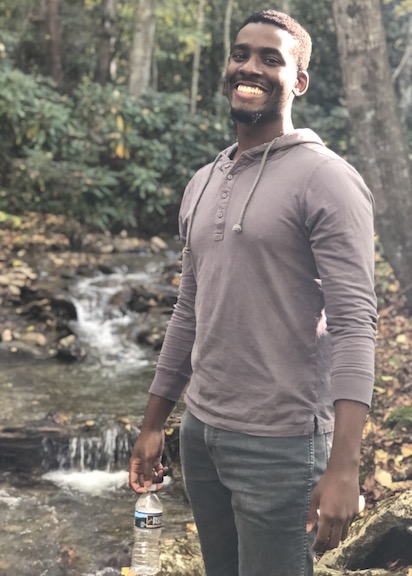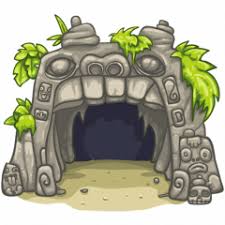Tell us about your background and what got you interested in medicine?
My interest in medicine came from grandmothers. Even though I was born and raised in New York, both of my grandmothers were nurses in Jamaica. I spent a lot of my summer vacations with them. The visits were often filled with medical stories and small anecdotes of their patient interactions. They initiated my interest and while in medical school I fell in love with the emergency room. As a community safety net, I saw a great variety of patients from all walks of life in the ER. This, combined with the fast paced, adrenaline rushed, organized chaos of the ER, drove me to pursue it as a specialty. I combined my interest in emergency medicine with my love for travel and learning cultures by further specializing in international emergency medicine.
Tell us about your practice and the neighborhood/different locations you work in.
I did my residency and fellowship training in Manhattan, New York and less than a year ago I moved to New Orleans. I now split time between two hospitals: one being a large academic center in the city and the other a smaller community site just outside of New Orleans. The patient populations are different in the emergency rooms. The academic center sees very sick, complex patients that come from all over Louisiana and the gulf region for highly specialized care. The smaller community site takes care of a more local population that is often underinsured or uninsured.
How has your routine changed since the pandemic?
Like most people around the country, my life was turned upside down since the pandemic took a foothold in New Orleans. From the work perspective, my shifts changed from seeing run-of-the-mill diseases to working in an emergency room inundated with COVID19 patients. I changed from wearing a comfortable, albeit, loosely fitting, scrub top and scrub bottom, to hot, sweaty, poorly ventilated, facemasks and personal protective equipment. Every other shift, I received new hospital protocols/treatment regimens to best care for patients as we as a medical and global society tried to understand this virus at a frantic, light speed pace. As the Director of International Emergency Medicine my niche is in building emergency medicine capacity abroad. Since all of my trips have been cancelled, I now am organizing new ways to bring global health locally through zoom lectures and socially distanced experiences.
Outside of work, my routine changed from one filled with bars, food and festivals to one of purely mental, spiritual and physical…survival. New Orleans has been in quarantine for 122 days and with each day has come new challenges of maintaining my own wellbeing. My significant other is home from work and we made it a priority to do workout videos together. We also try to socialize with friends in the safest manner. I think with pandemic has been extremely anxiety provoking for me as a physician and all the more as an African American. I have seen this pandemic disproportionally ravage through black communities in New Orleans and in my home in New York City. I would never characterize myself as a large social advocate however the pandemic, like most of my colleagues, thrust me to action in order to disseminate information into my community. Now, since the start of the pandemic, I host a weekly Instagram live show (@stoop_55) focused on educating the community on the best public health practices of combating COVID19 and issues that affect minority and vulnerable populations.
How does trust play a role in your daily routine, especially in the current Covid atmosphere?
Trust is one of the pillars of building good rapport between doctors and patients. In the emergency room, we see patients at their most vulnerable and needy times of their lives. Patients place their trust in me to give them the best care possible. It’s hard to have someone place that confidence within you when in realty you are not entirely sure what you’re doing will ultimately work. I think this pandemic has truly shown that as much as we would like medicine to be an exact science, a lot of it isn’t. We don’t have many answers for this disease and for much of the pandemic it has been the blind leading the blind.
On a societal level, the level of trust in our governing bodies and each other has been on display. Many areas of the country have suffered from lack of adequate PPE and other medical resources. I often travel abroad and work in low-resource settings and would never in a million years think medical care in the U.S. would be limited due to lack of resources. I think the social upheaval we are currently seeing in the U.S. is a result of the social, economic, and political inequities in resource allocation that have been magnified by the pandemic.
What do you wish people knew about what you experience, in your field of health?
I wish people recognized the amount of sacrifice health care providers are making day in and day out to care for others. Classically, we think of doctors, but the hospital does not run without nurses, techs, admin, housekeeping etc. None of us want to be martyrs, yet every few weeks I see another colleague succumb to the virus itself, or worse, the stress of it. It is going to be a long journey and we will need the support of everyone to get through it.
What is the best part of your day? The hardest?
The hardest part of my day and the best part of my day are sometimes one in the same, the patient interactions. First, the hard part. The most difficult part of the pandemic has been dealing with seeing so much death and not having a true answer for it all. I have intubated patients, unable to give any true assurances to them or their families that they will survive and eventually come off the ventilator. Even worse, as patients cannot have visitors, I have had saddening conversations with family members about the death of their loved one while trying to convey the utmost respect and sincerity - all over the phone. These are truly disheartening occurrences, but I have little time to reflect and process because I have other patients to take care of. Its hard not to become jaded or have a sense of nihilism set in however, being able to support patients and their families during these hard times is also a gift. The best parts of my day are times when I can give hope and optimism to these patients and families in any way I can. I try my best to be hopeful and optimistic during these dark times, hope is all we really have.
Will Covid-19 change your approach to your work going forward?
I truly think so! I am much more cognizant of my mental health going into work than I was before. It has been all too easy to be consumed by COVID19. I purposely put events in my weekly schedule that help relieve anxiety and give myself a mental break.
What is the best life/career advice anyone has ever given you?
My parents have always encouraged me to do what I’m emotionally invested in. I think having a job that follows your morals is easier to do long term and avoids burnout.
Can you recommend one easy, daily self-health practice for that can help people get through the day?
I think keeping up with my family and friends has been incredibly important for me. This pandemic has affected everybody, and I make a point to reach out to someone in my network every single day to let them know I am thinking of them. I also think the shared trauma of this pandemic has caused my relationships to grow tighter and tighter in response.
Is there anything else you’d like the public to know about how it feels to be a health practitioner in the middle of a global pandemic?
It’s been pretty scary to be honest, but nothing I don’t think we can overcome. It’s going to take a concerted effort from all of us, and an interdependent way of thinking to make it through. Even though we are far part, I firmly believe we will make it through this together.
More Stories from Kinnected
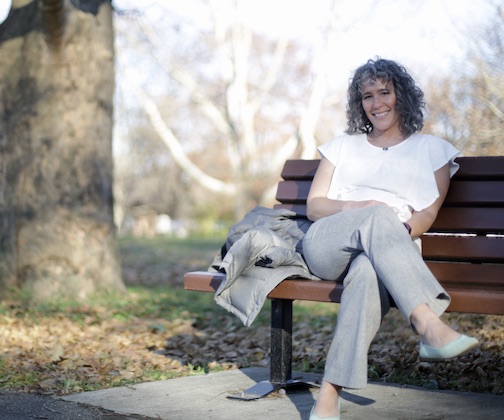
At times, it has been really frustrating to be a strategist and health communication professional and witness the lack of strategic planning and messaging that we have over the last two years.
-
4 years ago
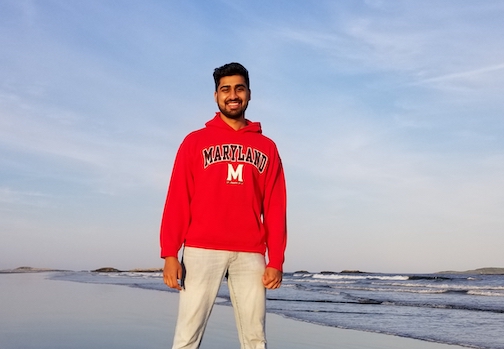
"What many people miss is that emotional exhaustion among clinicians existed long before the pandemic."
-
4 years ago
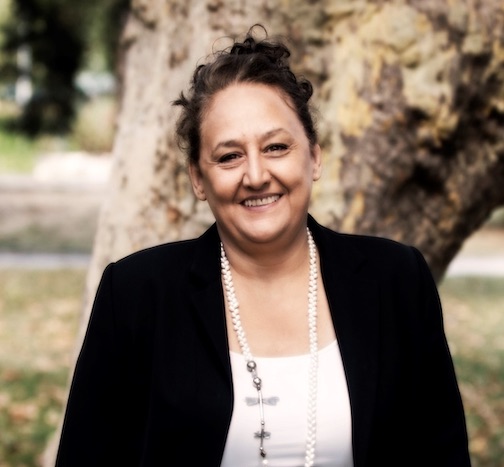
"A lot of people argue whether technology is good for the future of humanity or bad. In my opinion, it is both - just as an herb could be a poison or a medicine."
-
4 years ago
